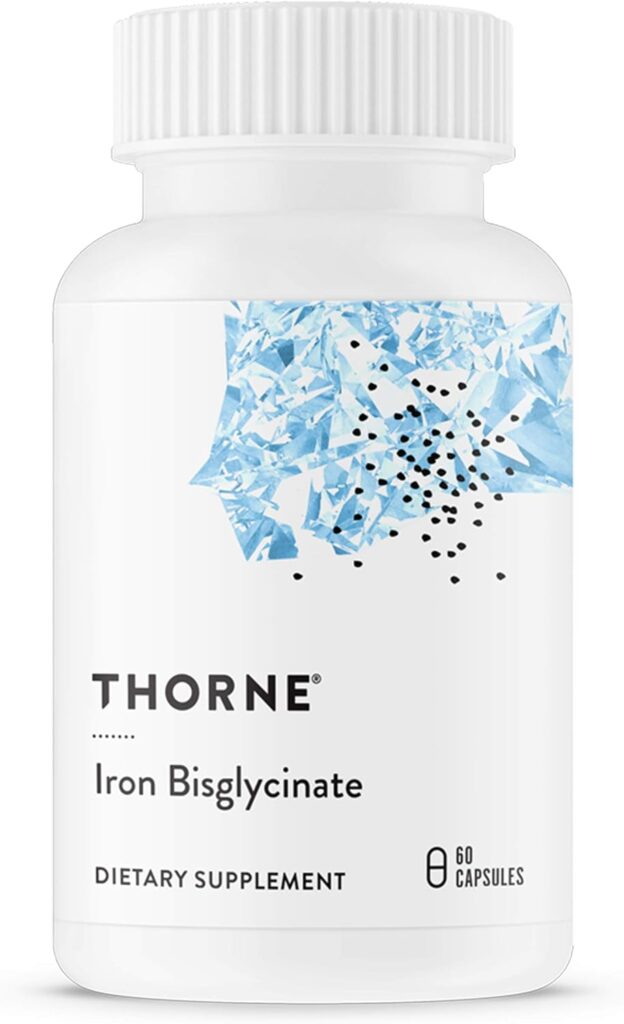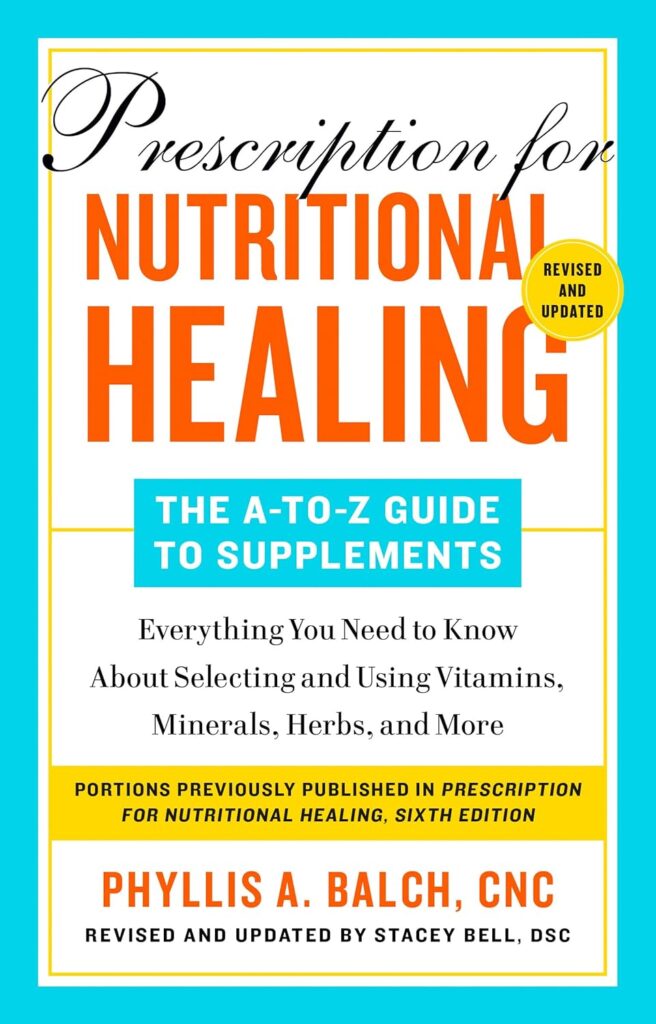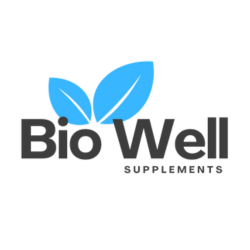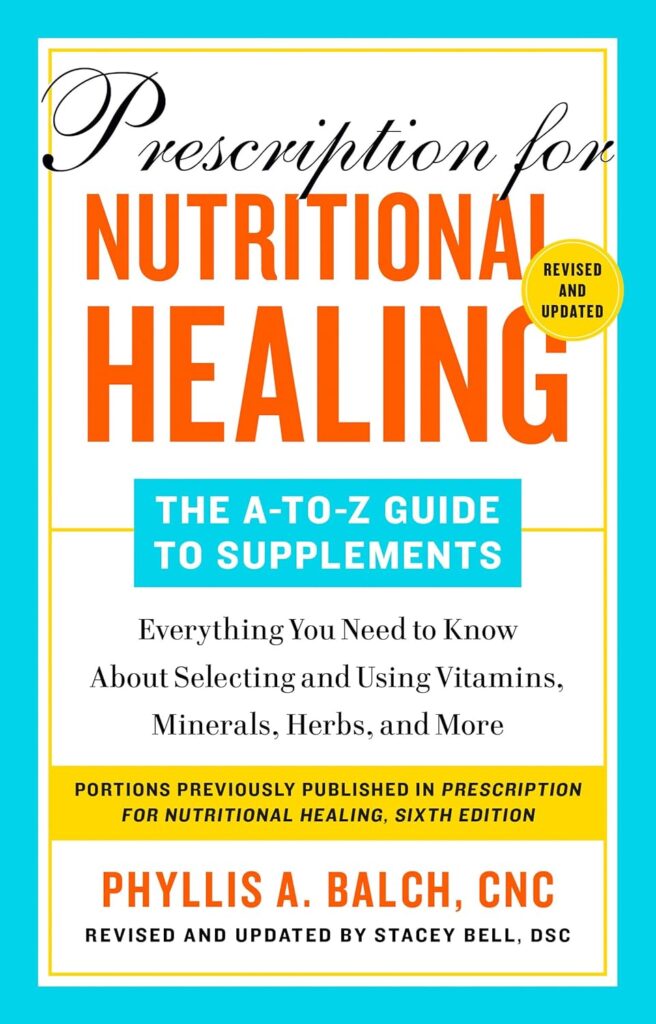The supplement industry has grown exponentially in recent years, offering a dizzying array of options for health-conscious consumers. From essential vitamins and minerals to exotic herbal extracts and specialized protein powders, the choices can be overwhelming. This article will discuss the top 10 tips for finding the right supplements for your health to help you on your journey.
This post contains affiliate links. If you make a purchase through these links, I may earn a commission at no additional cost to you.
As someone who has spent years navigating this complex landscape, I’ve learned that finding the right supplements requires careful consideration, thorough research, and often a bit of trial and error.
My first experience in a health food store was eye-opening. Shelves lined with countless bottles, each promising to be the key to optimal health, left me feeling lost and confused. Terms like “proprietary blends,” “standardized extracts,” and “bioavailability” sounded impressive, but I had no idea what they meant for my health.
After years of research, consultations with health professionals, and personal experimentation, I’ve distilled my knowledge into ten essential tips to help you navigate the supplement maze. Whether you’re addressing a specific health concern or simply supporting your overall well-being, these guidelines will empower you to make informed decisions about your supplement regimen.
An additional great resource is the Prescription of Nutritional Healing: The A-to-Z Guide to Supplements which goes over the most commonly available types of nutrients, dietary supplements, and herbs.
This post contains affiliate links. If you make a purchase through these links, I may earn a commission at no additional cost to you.
1. Define Your Health Goals
Before purchasing any supplement, take time to reflect on your specific health goals. Identifying your goals serves as a compass, guiding you towards the most relevant supplements for your needs.
For those struggling with fatigue, supplements like iron, vitamin B12, or adaptogenic herbs such as Rhodiola rosea might be worth considering. If joint health is a primary concern, glucosamine, chondroitin, or omega-3 fatty acids could be more suitable.
Athletes looking to enhance performance might focus on supplements like creatine, beta-alanine, or branched-chain amino acids (BCAAs). Those aiming to support cognitive function might explore options like ginkgo biloba, bacopa monnieri, or omega-3 fatty acids.
By clearly defining your health goals, you’ll be able to narrow down your options and focus on the right supplements that align with your specific needs. This targeted approach increases the likelihood of seeing meaningful results from your supplement regimen.
2. Assess Your Diet
A thorough evaluation of your current diet is crucial before adding any supplements. Many people underestimate the power of whole foods in meeting their nutritional needs. A balanced diet rich in fruits, vegetables, lean proteins, and whole grains provides a wide array of essential nutrients.
Keeping a food diary for a week or two can help identify potential nutrient gaps in your diet. For example, if you rarely consume fatty fish, you might benefit from an omega-3 supplement.
Those following a vegan diet might need to consider vitamin B12 supplementation.
Remember, supplements should complement a healthy diet, not replace it. In some cases, what you perceive as a need for supplements might actually be addressed through dietary changes.
For instance, increasing your intake of leafy greens could boost your iron levels, potentially eliminating the need for an iron supplement.
Consider consulting with a registered dietitian who can analyze your diet and provide personalized recommendations. They can help you identify any nutrient deficiencies and suggest ways to address them through food or supplementation.
3. When considering a supplement, take a close look at the scientific literature.
Look for peer-reviewed studies that support the efficacy of the supplement for your specific health concerns.
Websites like PubMed and Google Scholar are excellent resources for accessing scientific research. Don’t rely solely on manufacturer claims or testimonials, as these often present a biased view.
Instead, seek out unbiased sources of information when finding the right supplement for your health.
The National Institutes of Health’s Office of Dietary Supplements offers comprehensive fact sheets on various supplements. These provide evidence-based information on their uses, effectiveness, and potential side effects.
This resource can be invaluable in making informed decisions and tips about finding the right supplements to include in your regimen.
Pay attention to the quality of the studies you’re reviewing. Look for randomized, double-blind, placebo-controlled trials, as these are considered the gold standard in scientific research.
Be wary of studies funded by supplement manufacturers, as these may have inherent biases.
Consider the dosages used in successful studies and compare them to the amounts found in commercially available supplements. Sometimes, the effective dose used in research is much higher than what’s typically found in over-the-counter products.
4. Understand Bioavailability
Bioavailability refers to the extent and rate at which a substance is absorbed and utilized by the body. This concept is crucial when selecting supplements, as not all forms are created equal in terms of absorption and effectiveness.
For example, curcumin, the active compound in turmeric, has poor bioavailability when consumed on it’s own. However, when combined with piperine (a compound found in black pepper), it’s absorption can increase by up to 2000%.
This is why many high-quality curcumin supplements include a small amount of black pepper extract.
Similarly, some minerals are better absorbed in certain forms. Magnesium glycinate is often better tolerated and absorbed than magnesium oxide.
Chelated minerals, where the mineral is bound to an amino acid, are generally more bioavailable than their inorganic counterparts.
When choosing the right supplements, look for forms that offer optimal bioavailability. This might mean opting for liposomal vitamins, which use a special delivery system to enhance absorption, or supplements that include absorption-enhancing compounds.
For fat-soluble vitamins (A, D, E, and K), consider taking them with a meal that contains some healthy fats to improve absorption. Some supplements are specifically designed to be taken with food for this reason.
Understanding bioavailability can help you get the most out of your supplements and potentially reduce the overall amount you need to take, saving both money and potential side effects from excessive supplementation.
5. Quality Matters
In an industry where regulation can be lax, quality control is paramount. Look for supplements that have been third-party tested for purity and potency.
Organizations like USP (United States Pharmacopeia), NSF International, and ConsumerLab provide quality certifications for supplements.
Don’t be swayed by fancy packaging or marketing claims. Instead, look for transparency in labeling.
Reputable companies will provide detailed information about their sourcing, manufacturing processes, and quality control measures.
Some even offer certificates of analysis for their products, allowing you to verify the purity and potency of what you’re consuming.
Consider the form of the supplement as well. For example, liquid or powdered supplements often have a shorter shelf life but may be more easily absorbed than tablets or capsules.
However, they may also be more prone to contamination if not properly stored.
Be wary of supplements that make outlandish claims or promise quick fixes. If it sounds too good to be true, it probably is.
Reputable companies will stick to scientifically supported claims and provide clear, honest information about their products.
Pay attention to the inactive ingredients in supplements as well. Some products may contain unnecessary fillers, artificial colors, or allergens.
If you have any sensitivities or allergies, carefully review the full ingredient list before purchasing.

6. Consider Potential Interactions
Supplements can interact with medications, other supplements, and even certain foods. These interactions can enhance, reduce, or alter the effects of medications or other supplements. This is an important tip when finding the right supplements for your own health.
It’s crucial to be aware of these potential interactions to ensure your safety and the effectiveness of your supplement regimen.
For example, St. John’s Wort, commonly used for mood support, can interact with many medications, including antidepressants and birth control pills. It can reduce the effectiveness of these medications, potentially leading to serious consequences.
Ginkgo biloba, often taken for cognitive support, can increase the risk of bleeding when combined with blood-thinning medications like warfarin. Even common supplements like vitamin E can have this effect when taken in high doses.
Some supplements can affect the absorption or metabolism of other nutrients. For instance, calcium can interfere with iron absorption, so it’s best to take these supplements at different times of the day.
Before adding any new supplement to your regimen, research potential interactions. Tools like the Natural Medicines Database can be invaluable for checking supplement-drug interactions.
However, the best approach is to talk to a healthcare professional who can review your current medications and supplements to ensure safety.
Keep a comprehensive list of all the supplements and medications you’re taking, including dosages, and share this information with all your healthcare providers. This can help prevent potentially dangerous interactions and ensure that your supplement regimen is working in harmony with any prescribed treatments.
7. Start Low and Go Slow
When introducing a new supplement, it’s wise to start with a lower dose than recommended and gradually increase it. This approach allows you to gauge your body’s response and minimize the risk of adverse effects.
Starting with a lower dose gives your body time to adjust to the new substance. It also makes it easier to identify which supplement might be causing an issue if you’re introducing multiple supplements at once.
If you experience any side effects, you can quickly pinpoint the cause and adjust accordingly.
Keep a journal to track any changes in your health or well-being as you start a new supplement. Note any improvements in your target symptoms, as well as any side effects you might experience.
This information can be invaluable in determining whether a supplement is working for you and whether the benefits outweigh any potential drawbacks.
Pay attention to how you feel both physically and mentally. Sometimes, the effects of a supplement can be subtle and may take time to become noticeable.
By starting low and increasing gradually, you give yourself the opportunity to observe these subtle changes over time.
If you’re taking multiple supplements, introduce them one at a time, waiting at least a week between each new addition. This method allows you to accurately assess the impact of each person supplement on your health.
Remember that everyone’s body is different, and what works well for one person may not have the same effect on another. By starting low and going slow, you’re giving yourself the best chance to find the right balance for your unique physiology.
8. Be Wary of Megadoses
While certain nutrients, like vitamin C, have a high safety margin, others can be harmful in large doses. Excessive intake of fat-soluble vitamins (A, D, E, and K) can lead to toxicity as they accumulate in the body’s fat tissues.
For instance, too much vitamin A can cause headaches, blurred vision, and in severe cases, liver damage. Excessive vitamin D can lead to hypercalcemia, a condition where calcium builds up in the blood, potentially causing kidney problems.
Even water-soluble vitamins, which are generally considered safer in higher doses because excess is excreted in urine, can cause problems when taken in very large amounts. For example, high doses of niacin can cause skin flushing and liver damage, while excessive vitamin B6 can lead to nerve damage.
When finding the right supplements, unless under the guidance of a healthcare professional, stick to recommended daily allowances (RDAs) or adequate intake (AI) levels for nutrients. These guidelines are established based on extensive research and are designed to meet the needs of most healthy people.
Remember that you may already be getting significant amounts of certain nutrients from your diet, especially if you eat fortified foods. Taking high-dose supplements on top of this could push you into potentially harmful territory.
If you believe you need higher doses of certain nutrients because of a specific health condition, talk to a healthcare provider who can monitor your levels and adjust your supplementation accordingly.
9. Consider Your Individual Factors
Your age, gender, health status, and even genetic makeup can influence your supplement needs. These person factors play a crucial role in determining which supplements may be most beneficial for you and in what amounts.
For example, women of childbearing age often require more iron than men because of blood loss during menstruation. Older adults might need higher doses of vitamin D because of decreased skin synthesis and reduced sun exposure.
Pregnant women have increased needs for certain nutrients like folic acid and iron.
When looking for the right supplements for your health, remember your overall health status also impacts your supplement needs. Certain medical conditions can affect nutrient absorption or increase the need for specific nutrients. For instance, people with Crohn’s disease or celiac disease may have difficulty absorbing certain vitamins and minerals and may require supplementation.
Genetic testing can provide insights into your unique nutritional needs. Variants in certain genes can affect how your body processes nutrients. For instance, people with MTHFR gene mutations might benefit from methylated forms of B vitamins, as they may have difficulty converting folic acid to it’s active form.
Your lifestyle and dietary choices also play a role. Vegetarians and vegans may need to supplement with vitamin B12, as this nutrient is primarily found in animal products.
Athletes or those with physically demanding jobs may have increased needs for certain nutrients because of higher energy expenditure and muscle breakdown.
Consider factors like your stress levels, sleep quality, and exposure to environmental toxins. These can all impact your nutrient needs and may influence which supplements could be most beneficial for you.
While genetic testing isn’t necessary for everyone, it can be a valuable tool for personalizing your supplement regimen. If you’re interested in this approach, consider consulting with a healthcare provider who specializes in nutrigenomics or functional medicine.
10. Regularly Reassess Your Regimen
Your nutritional needs can change over time because of factors like age, health status, lifestyle changes, or even seasonal variations. What worked for you a year ago might not be as effective or necessary now.
Make it a habit to regularly review your supplement regimen, ideally every 3-6 months or whenever you experience significant life changes. This could include changes in your diet, exercise routine, stress levels, or overall health status.
During these reassessments, consider getting blood tests to check your nutrient levels. This can help you identify any deficiencies or excesses and adjust your supplement intake accordingly.
Many healthcare providers can order comprehensive nutrient panels that give a detailed picture of your nutritional status.
Pay attention to how you feel. Are you noticing the benefits you were hoping for when you started taking a particular supplement?
If not, it might be time to reevaluate whether that supplement is still necessary or if you need to adjust the dosage.
Consider the cost-benefit ratio of your supplements. Are they providing enough value to justify their cost?
Sometimes, you might find that dietary changes or lifestyle modifications could be more effective and economical than continuing with certain supplements.
As new research emerges, stay informed about the latest findings regarding the supplements you’re taking. What was once considered beneficial might be found to have limited effects or even potential risks.
Remember, the goal is to support your health, not to take supplements indefinitely without clear purpose or benefit. Be open to the idea of discontinuing supplements that no longer serve you or switching to different forms or brands if you’re not seeing the desired results.
Key Takeaways When Looking For The Right Supplements For Your Health:
- Define clear health goals before choosing supplements
- Assess your diet for potential nutrient gaps
- Research thoroughly using credible scientific sources
- Understand bioavailability to maximize supplement effectiveness
- Prioritize quality and third-party testing
- Be aware of potential interactions with medications and other supplements
- Start with low doses and increase gradually
- Avoid megadoses unless medically advised
- Consider person factors like age, gender, and genetics
- Regularly reassess and adjust your supplement regimen
People Also Asked
What are the most important supplements to take daily?
The most important supplements vary depending on person needs, but common ones include a multivitamin, vitamin D, omega-3 fatty acids, and probiotics.
How do I know if I need supplements?
Signs you might need supplements include fatigue, frequent illness, poor diet, or specific health conditions. A blood test can help identify nutrient deficiencies.
Can supplements replace a healthy diet?
No, supplements should complement, not replace, a balanced diet. Whole foods provide a complex mix of nutrients that supplements can’t fully copy.
Are natural supplements better than synthetic ones?
Not necessarily. The effectiveness of a supplement depends on it’s bioavailability and quality, not whether it’s natural or synthetic.
How long does it take for supplements to work?
The time frame varies depending on the supplement and person. Some may show effects within days, while others might take weeks or months.
Can you take too many supplements?
Yes, taking excessive amounts of certain supplements can lead to toxicity or adverse effects. Always follow recommended dosages.
Do supplements have side effects?
Some supplements can cause side effects, especially when taken in high doses or combined with certain medications. Always research potential side effects.
Are expensive treatment better than cheaper ones?
Price doesn’t always show quality. Look for third-party tested supplements from reputable brands, regardless of price.
How should I store my supplements?
Most supplements should be stored in a cool, dry place away from direct sunlight. Some may require refrigeration.
Can I take all my supplements at once?
While convenient, taking all supplements together may not be optimal for absorption. Some may interact or compete for absorption.




